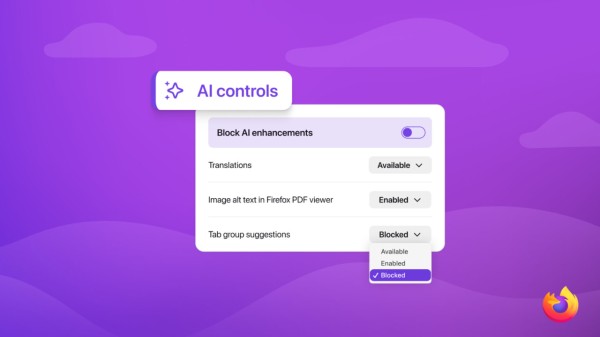

By signing in or creating an account, you agree with Associated Broadcasting Company's Terms & Conditions and Privacy Policy.


By signing in or creating an account, you agree with Associated Broadcasting Company's Terms & Conditions and Privacy Policy.

The Unified Payments Interface (UPI) payments in India reached a milestone in August 2025. A report issued by the State Bank of India (SBI) showed that the average daily transaction value has increased tremendously to Rs 90,446 crore, which is an indication of both the increase in value and volume of transactions. This is a large leap as compared to the Rs 75,743 crore recorded in January this year.
Transaction volumes increased aggressively too, with daily averages rising to 548 million in January and to 675 million in August. The report indicates that UPI is quickly gaining a strong presence in the Indian digital payments landscape as more citizens use it to make small and large-value payments.
According to the SBI report, the State Bank of India was the biggest remitter bank, processing 5.2 billion UPI transactions. This was almost 3.4 times the second largest remitter, highlighting the superior position of the public sector banks in this category. Alternatively, Yes Bank was the biggest beneficiary bank, with nearly 8 billion transactions processed. This is an indication of a bifurcating trend in which PSBs are leading in outgoing transactions and the private banks are leading in receiving transactions.
The National Payments Corporation of India (NPCI) published state-wise data on UPI usage, the first time ever. The highest contribution of all transactions was seen in Maharashtra with 9.8 percent in July. Karnataka came next with 5.5 percent and Uttar Pradesh with 5.3 percent thus being the only northern state among the top five. The statistics indicate that the UPI adoption is no longer confined to metro hubs but is travelling at a fast pace all over regions.
The constant increase in the transaction value and volume indicates an increasing pace towards digital payments in India. As UPI, which was once at the periphery of daily financial transactions in the country, takes centre stage, analysts opine that the platform is pushing the country towards the realisation of a cashless economy.












